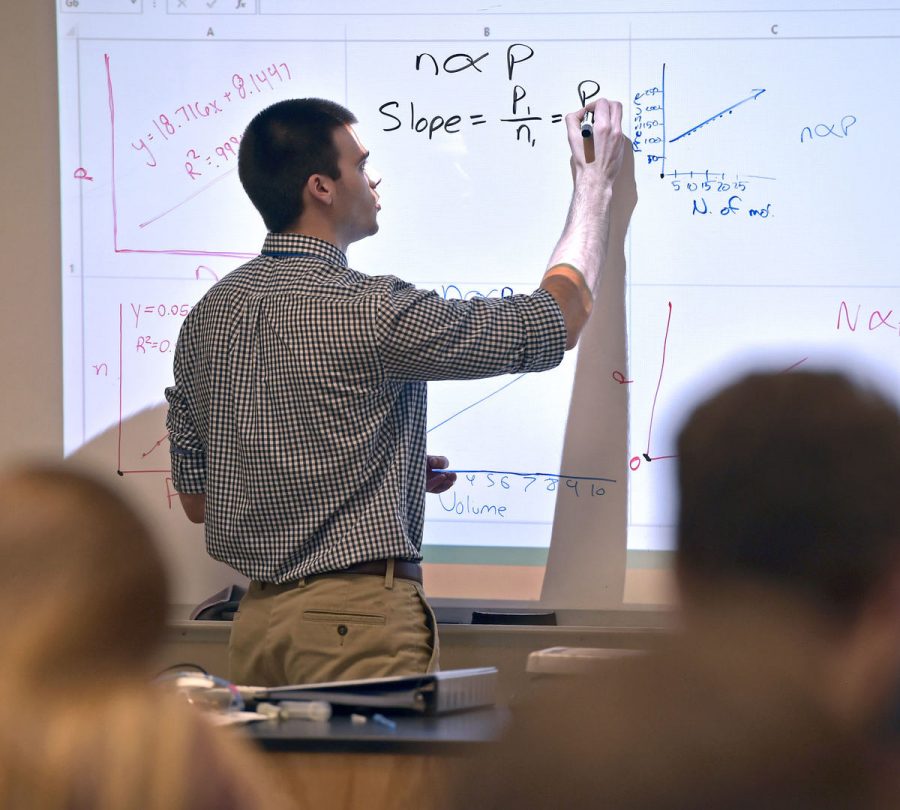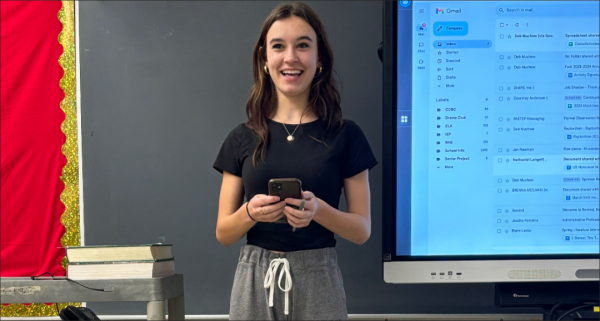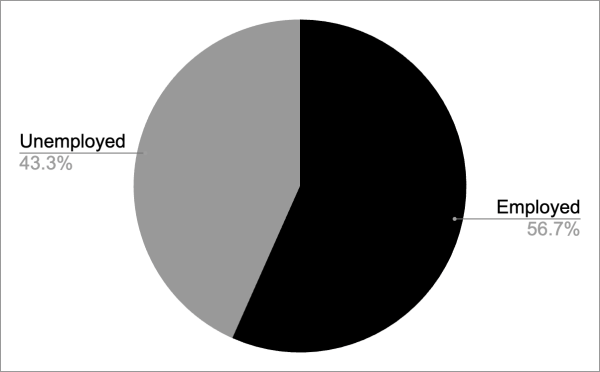Questioning the qualifications
Many substitute teachers are not qualified to substitute in certain classes
Students go to school and all of their classes to learn more. When their regular teachers are absent and unable to make it to their jobs, substitute teachers step in and take their spot for as long as they need to. While some substitute teachers may only be there for one day, some may be there for a couple months to an entire school year.
A substitute teacher can substitute for any class that needs someone to fill in for a teacher. A substitute teacher may teach high school biology one day and the next day they may teach junior high English. Anyone certified to teach can also be a substitute teacher. Many districts prefer substitute teachers have some level of education, as most have at least a four-year degree in any area.
As of 2010, multiple states allow principals to hire anyone with a high school diploma or equivalent as a substitute teacher, although some states have substitute teachers pass a Basic Skills proficiency exam. In some areas, substitutes must have full teaching qualifications, but many districts have their own substitute teacher requirements. A number of schools may require successful completion of competency tests or a bachelor’s degree.
According to the New York Times, 77 percent of American school districts give substitutes no training and 56 percent hire substitutes without conducting face to face interviews and learning about the skills that they hold.
“The teachers at our school want us students to do well and when the teachers are not there, we need teachers who are just as qualified. Having specialized substitute teachers would allow us, students, from having free days that are filled with busy work,” sophomore Myah Hrinko said.
There are three different types of substituting certificates that a teacher can hold. One of the certificates allows the substitute to teach only on a day-to-day basis for no more than 20 consecutive days on the same assignment; otherwise known as the Emergency Permit. The level one to two active certificate allows substitutes to teach for an unlimited number of days per school year. Finally, the level one to two inactive certification restricts teaching for up to 90 days.
A substitute teacher who has worked at multiple schools in multiple states recalls the experiences were completely different. The teacher substituted in Illinois and District of Columbia. In Illinois, all they had to do was fill out paperwork and show up to the school. Then, they had to ask to be put on a call list for each of the schools. In the District of Columbia, the substitute teacher had to apply for the opening, be interviewed and attend a brief orientation with the school.
In Pennsylvania, substitute teachers must get an emergency certificate if they don’t have a certification in the area where they are needed, but they are only allowed four areas. No experience with actual teaching is necessary to get an Emergency Permit. Pennsylvania. schools also do a criminal history background check on the substitute before they get the job. More requirements include at least a bachelor’s degree.
Most schools pick the substitutes they know best and the ones that they know will do the best job. Although substitutes are only there for a small amount of time, they still are responsible for providing the students with what they need to be successful, even if it is for only one day.













